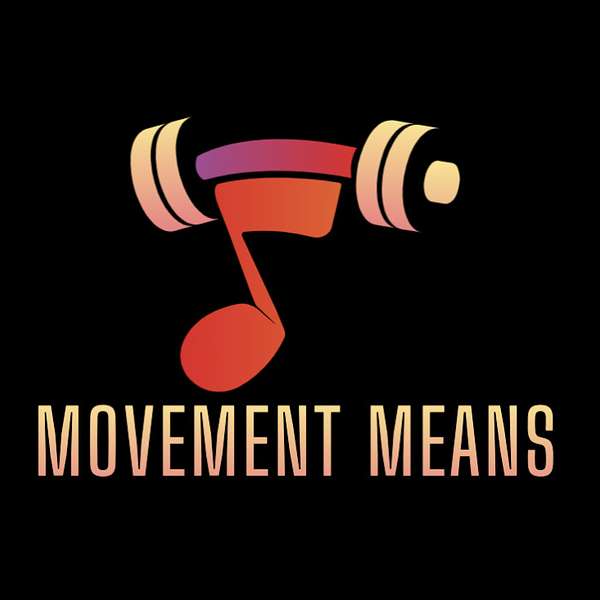
Movement Means
Dr. Janet Song Kim
I study a form of movement, in a sense…. but conducting music is so much more than a series of movement patterns. I presume that other forms of moving or the act of movement itself include so much more than what observers can see. Let’s talk about what we can see, though, and how that connects to a deeper meaning; let's talk about what movement means. Movement is so much more than just a feat (of flexibility, strength, stability) or grandiose, beautiful gesture. Movement can be: Unstoppable joy forcing your muscles to pull up the corners of your mouth into a smile, the warm embrace of your loved one during a cold time, the flickering of eyes belonging to someone with dementia recognizing a tune from their childhood the wiggling of fingers of a family member in a coma, the slight turn of a hand to let you know that the mistake you made in a performance is just fine and that it's okay to move on, the rise of someone's chest during a breath alerting to you that you’ve miscounted and that your entrance is now happening in half a breath’s time... And, of course, when limiting or pain inducing, it becomes a symptom. Movement is a sign, a form of communication, from our bodies to us- then from us to others. These are the kinds of movements that inform my musical gestures; NOT just conducting patterns (big and small) and Laban analysis. Of course, I want to take a moment and recognize that it’s never the only form of communication, as there are those who can’t use movement to communicate because of their disabilities. When the pandemic hit I was devastated. Here I was, going for a degree re: movement and musical studies, and no ensemble to work with or to help me understand the limits of my own body. It wasn’t until my time at NWU where I realized that I was fully prepared because I was forced to spend so much time STUDYING the music, context, and history itself. The human experiences of loss, watching a loved one battle cancer, the strains of living in a small space for long periods of time, watching the world writhe with problems re: identity politics and climate change, etc., helped my studies of MUSIC, this human made art form, feel so much deeper. Skating, however, allowed me to express and explore movement without tension. If I was tense, I’d become unbalanced then trip or fall. My teacher, Travis Cross, told me via video commentary at my very first conducting symposium with him: “I just wanna see you open up your arms wide, like a giant bird of prey.” I hadn’t discovered that kind of freedom of movement until I allowed myself to be challenged by stability, momentum, and gravity. Skating helped me to open up and spread my wings, weightlifting taught me to how to stay in flight with careful precision. Spreading my wings and flying feels like freedom and the willingness to be vulnerable. For that, I’m grateful. Studying movement in any way, as a conductor, skater, and weightlifter, has taught me so much about me as a musician. In the pursuit to become an even better musician and human, I embarked on this journey to see what exactly movement means to other people.